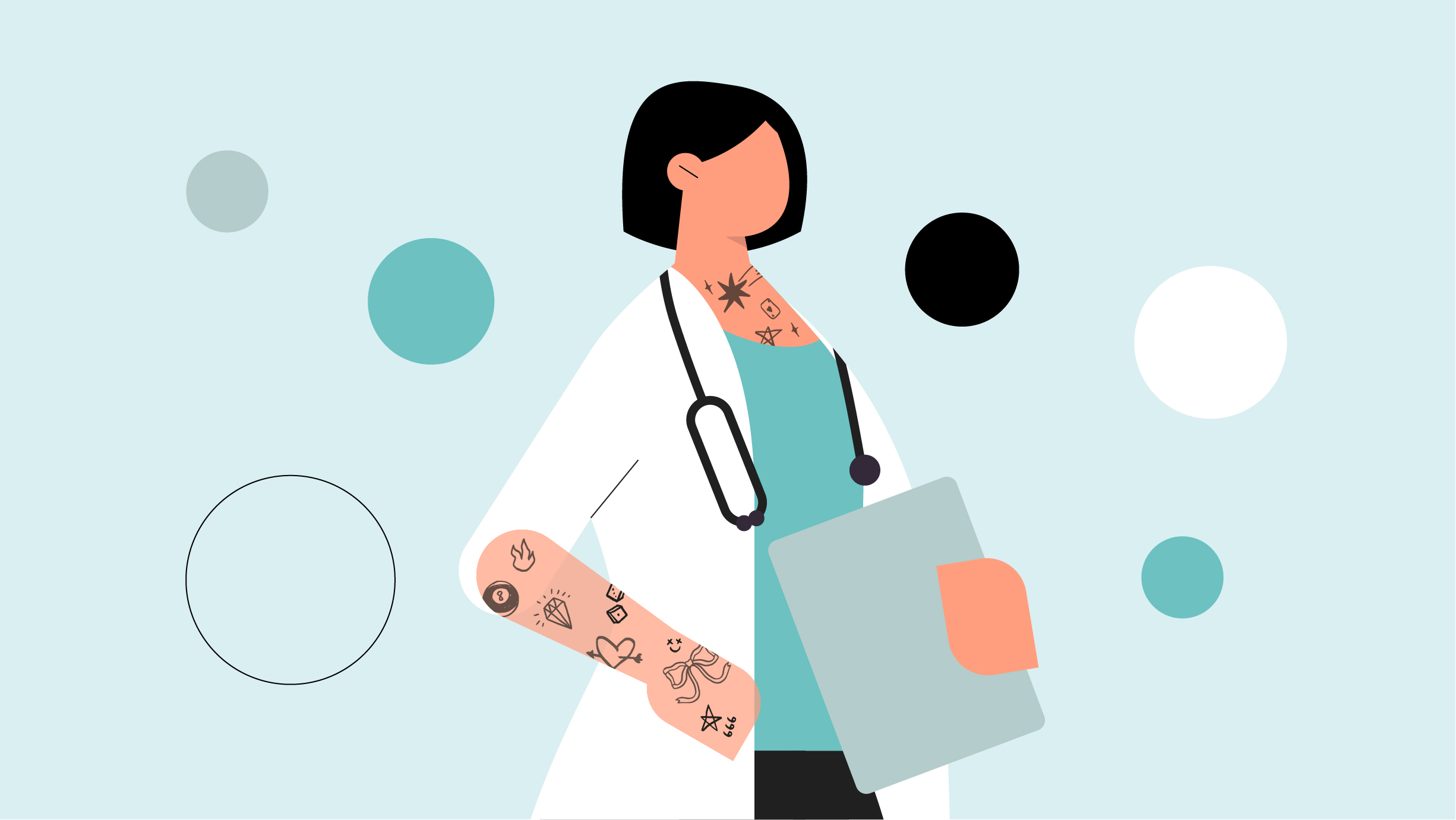What should I tell my care team before I take this medication?
They need to know if you have any of these conditions:
- Bone problems
- Heart disease
- History of depression or other mental health conditions
- History of substance use disorder
- Kidney disease
- Liver disease
- Seizures
- An unusual or allergic reaction to efavirenz, emtricitabine, tenofovir, other medications, foods, dyes, or preservatives
- Pregnant or trying to get pregnant
- Breast-feeding
What may interact with this medication?
Do not take this medication with any of the following:
- Any medication that contains efavirenz, emtricitabine, lamivudine, tenofovir
- Disopyramide
- Elbasvir; grazoprevir
- Rifapentine
- Voriconazole
This medication may also interact with the following:
- Amiodarone
- Artemether; lumefantrine
- Atovaquone; proguanil
- Cyclosporine
- Certain antibiotics, such as clarithromycin, gentamicin, rifabutin, rifampin
- Estrogen or progestin hormones
- Medications for cholesterol, such as atorvastatin, pravastatin, simvastatin
- Medications for depression, anxiety, or mental health conditions, such as bupropion, sertraline
- Medications for fungal infections, such as ketoconazole, itraconazole, posaconazole
- Medications for heart rate and blood pressure, such as diltiazem, felodipine, nicardipine, nifedipine, verapamil
- Medications for seizures, such as carbamazepine, phenobarbital, phenytoin
- Medications for viral infections, such as adefovir, boceprevir, simeprevir, ledipasvir; sofosbuvir, pibrentasvir; glecaprevir, velpatasvir; sofosbuvir, velpatasvir; sofosbuvir; voxilaprevir, cidofovir, acyclovir, valacyclovir, ganciclovir, valganciclovir
- Methadone
- NSAIDS, medications for pain and inflammation, such as ibuprofen or naproxen
- Other medications for HIV
- Red yeast rice
- Sirolimus
- Tacrolimus
- Warfarin
This list may not describe all possible interactions. Give your health care provider a list of all the medicines, herbs, non-prescription drugs, or dietary supplements you use. Also tell them if you smoke, drink alcohol, or use illegal drugs. Some items may interact with your medicine.
What should I watch for while using this medication?
Visit your care team for regular checks on your progress. Discuss any new symptoms with your care team. You will need to have important blood work done while taking this medication.
This medication may cause serious skin reactions. They can happen weeks to months after starting the medication. Contact your care team right away if you notice fevers or flu-like symptoms with a rash. The rash may be red or purple and then turn into blisters or peeling of the skin. You may also notice a red rash with swelling of the face, lips, or lymph nodes in your neck or under your arms.
HIV is spread to others through sexual or blood contact. Talk to your care team about how to stop the spread of HIV.
This medication may affect your coordination, reaction time, or judgment. Do not drive or operate machinery until you know how this medication affects you. Sit up or stand slowly to reduce the risk of dizzy or fainting spells. Drinking alcohol with this medication can increase the risk of these side effects.
If you have hepatitis B and HIV, talk to your care team if you plan to stop this medication. The symptoms of hepatitis B may get worse if you stop this medication.
Estrogen and progestin hormones may not work as well while you are taking this medication. If you are using these hormones for contraception, talk to your care team about using a second type of contraception. A barrier contraceptive, such as a condom or diaphragm, is recommended.
What are the most serious risks of this medication?
Do not stop taking this medication without first talking to your care team. If you have both HIV and hepatitis B, the symptoms of hepatitis B may worsen when you stop taking this medication. Your care team will check your liver and general health after treatment is stopped. You may need to take other medications if your hepatitis flares or returns.








